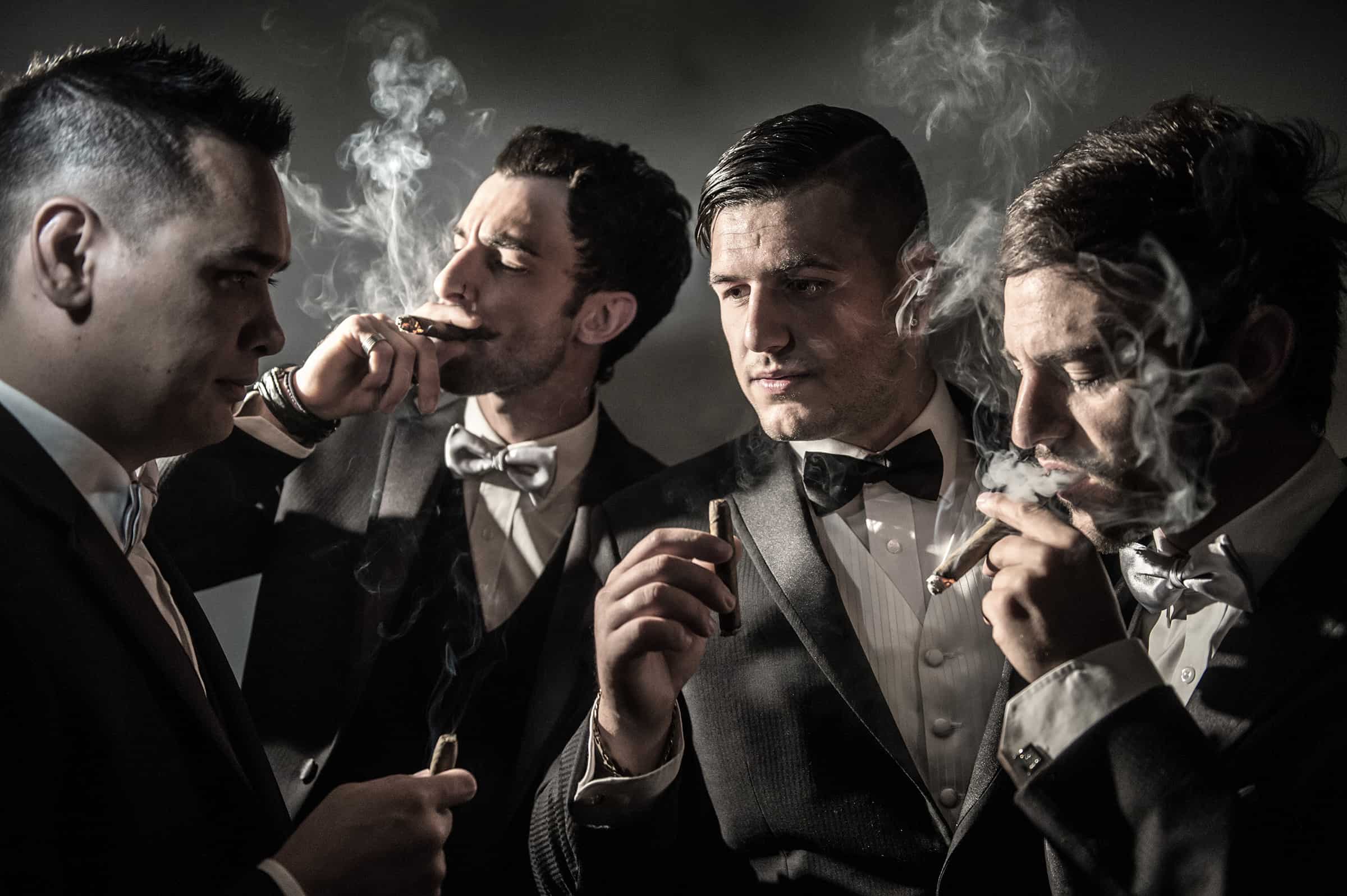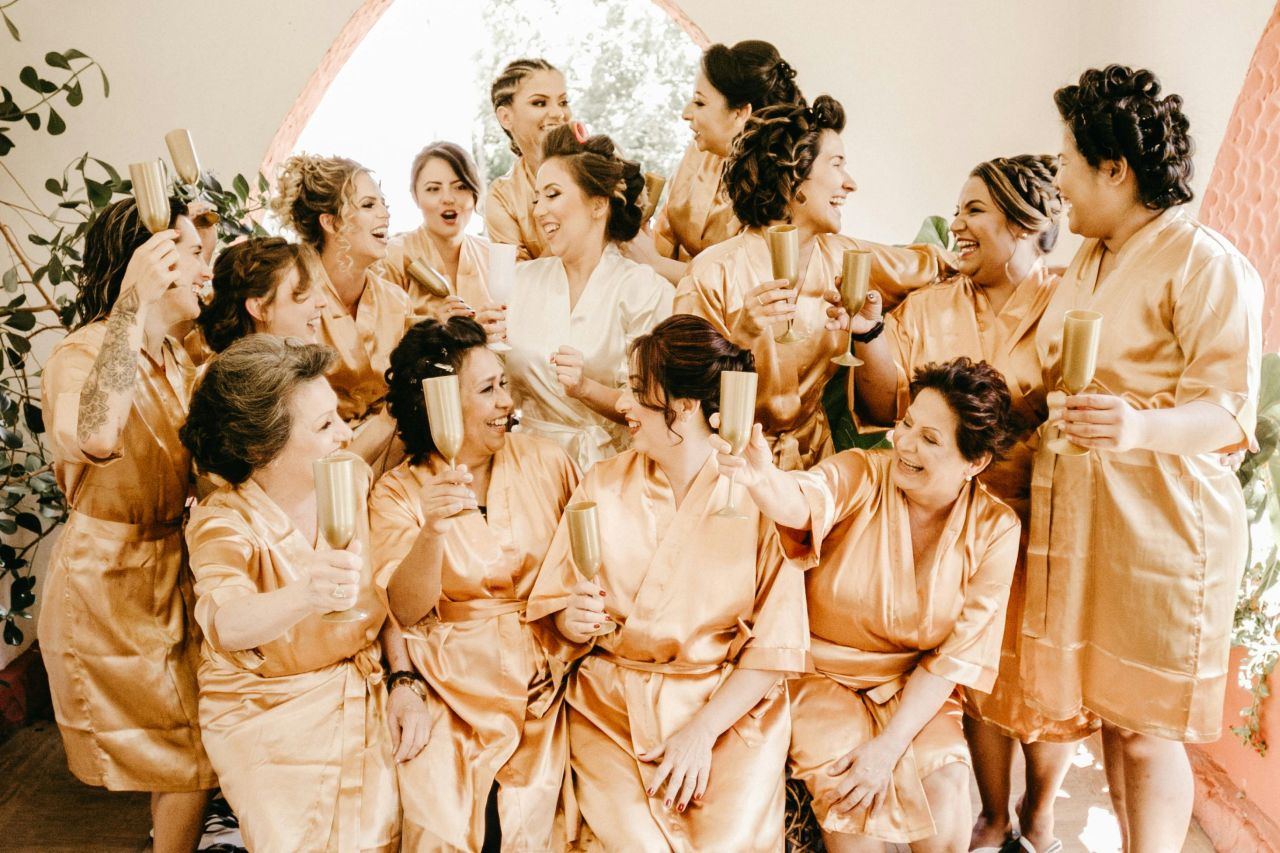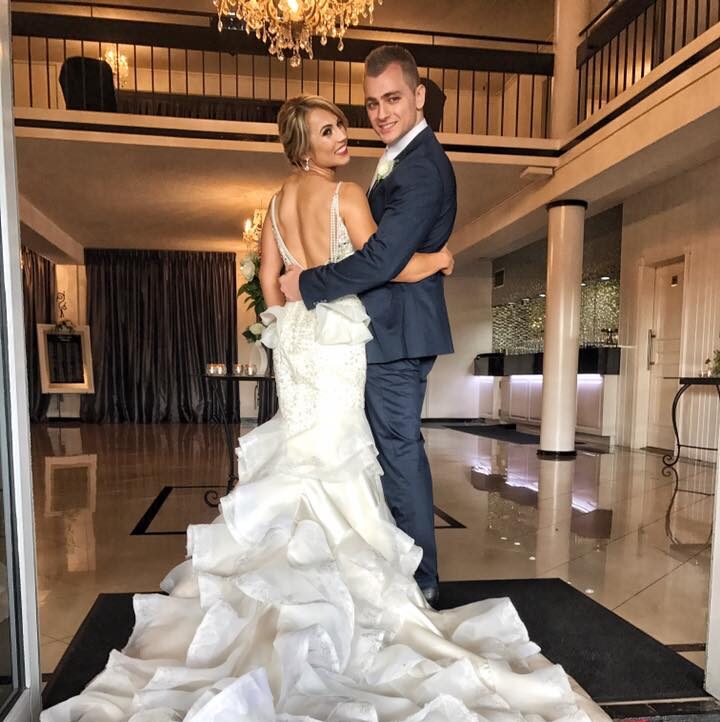When I planned my own wedding, one thing quickly became clear: knowing who does what is half the battle. Weddings are a team effort, and assigning the right roles makes the day run like clockwork. Whether it’s the Maid of Honour keeping the bride calm or the Best Man holding the rings, every role has its place and purpose.
In Melbourne, weddings blend tradition with modern twists, so these roles aren’t set in stone. You might find yourself creating new titles or handing tasks to unexpected helpers. Understanding the different roles in a wedding helps you share the load, honour your nearest and dearest, and avoid those last-minute panics.
Let’s walk through the key players who make your day memorable — from the couple at the centre to the friends, family, and pros who bring everything together.
The Couple’s Role: Why You’re The Heart of the Wedding
When I got married at Vogue Ballroom back in 2017, my partner and I quickly realised that, despite all the support around us, some tasks simply couldn’t be handed off. You and your partner are the true centrepieces of the day—not just in front of the crowd but behind the scenes too.
Your main job is to show up, say “I do,” and enjoy the moment. But before that, there’s a fair bit to tick off the list together. Think setting a budget that won’t blow out, locking in a date that suits your closest people, and finding a venue that fits your style—and Melbourne’s often unpredictable weather. For example, outdoor weddings in spring here can be stunning but need a solid wet-weather plan.
You’ll also be choosing suppliers—from florists to photographers—so it pays to research, compare, and read reviews carefully.
A checklist for the couple might look like this:
- Finalise the guest list and send invites
- Book venue and key suppliers
- Plan ceremony details and write vows
- Manage payments and contracts
- Organise seating plans
Beyond the logistics, remember to pause and appreciate the people who help make your day happen. A quick “thank you” goes a long way, especially when nerves run high.
Essential Wedding Party Roles and What They Really Do
One thing I often tell couples is this: your wedding party is your frontline support team. They’re not just there to look good in photos—they keep things running smoothly and help carry the load. But it’s important to be clear about what you expect from them right from the start.
Maid of Honour, Matron of Honour, and Man of Honour — The Bride’s Right Hand
When I worked with a bride from Ringwood, her Maid of Honor was a lifesaver. She organised the bridal shower, managed group chats, and kept the bridal party on track so the bride didn’t have to stress over the little things. Whether it’s a Maid, Matron (if married), or Man of Honour, this person is the bride’s go-to.
Before the wedding, they lead planning of pre-wedding parties and handle communication. On the day, they help with everything from steaming the dress to making sure the bride’s veil sits perfectly. And yes, they deliver that all-important speech. It’s a big job and one best given to someone who’s reliable and organised.
Best Man and Best Woman — The Groom’s Main Support
The Best Man or Woman is often the groom’s right hand. In Melbourne, I’ve seen Best Men go above and beyond—organising a memorable bachelor party in St Kilda, then staying sharp on the wedding day by holding the rings and making a heartfelt speech.
Their role also includes keeping the groom calm and making sure the groomsmen are ready and on time.
Bridesmaids and Groomsmen — The Couple’s Core Support Crew
Bridesmaids and groomsmen stand beside you not just in the ceremony but throughout the whole journey. They help set the vibe—whether that’s encouraging guests to hit the dance floor or lending emotional support when tensions rise.
From my experience, groups that get along well make a huge difference to the day’s energy. It’s also important to remind them of practical things: fitting appointments, buying attire, and RSVP deadlines.
Other Traditional Wedding Roles You Should Know About
Beyond the couple, family, and core wedding party, there are plenty of other wedding roles that keep the day ticking along—some more visible than others, but all important.
Officiant — The Person Who Makes It Official
The officiant is the person who legally marries you. Whether it’s a celebrant, religious leader, or even a close friend who’s legally ordained online (yes, that’s a thing in Australia), this role is crucial.
I’ve seen couples personalise their ceremonies with unique readings or rituals, and a good officiant helps keep it flowing smoothly while ticking all the legal boxes—especially important here in Victoria, where marriage paperwork must be lodged correctly within set timelines.
Ushers, Readers, and Ceremony Attendants — Welcoming Guests and Adding Meaning
Ushers often get overlooked, but they’re vital for guiding guests to their seats and handing out ceremony programs. Think of them as friendly navigators, making sure no one ends up in the wrong pew!
Readers bring a heartfelt touch by sharing poems or passages during the ceremony, adding a personal layer to your vows. Ceremony attendants might also light candles or assist with other traditions, depending on your style.
Flower Girls and Ring Bearers — The Cute Little Stars of the Processional
Flower girls and ring bearers are often the youngest members of your crew, and they bring an undeniable charm. I’ve seen everything from toddlers shyly dropping petals to cheeky ring bearers who steal the show. If you’re worried about nerves or distractions, consider having older junior bridesmaids or groomsmen step in, or even a beloved pet with a responsible adult in tow.
Modern and Unique Wedding Roles That Add Personality
Weddings today aren’t just about tradition—they’re about telling your story. Melbourne couples often blend old and new, bringing in roles that reflect their personalities and circle of loved ones.
Social Media Manager and Personal Attendants — Tech and Logistics Helpers
Back when I helped a couple in South Yarra, they asked a tech-savvy friend to be their unofficial social media manager. This mate captured candid moments throughout the day and shared them in real-time with guests who couldn’t make it. It lifted a lot of pressure from the couple and kept family interstate feeling included.
Personal attendants are another handy role. These helpers run errands, handle last-minute fixes, and keep the couple hydrated (because let’s face it, weddings can be marathon days). Having someone dedicated to these little jobs means the bride and groom stay focused on enjoying their moment.
Pets, Honorary Bridesmaids/Groomsmen, and Junior Roles — Including Everyone You Love
Including pets in your wedding is becoming more popular. I once saw a couple in Melbourne’s Dandenong Ranges have their dog walk down the aisle with a bow tie and a special handler. It’s a sweet way to involve furry family members.
Honorary bridesmaids or groomsmen are a great option if you want to include loved ones without full responsibilities. Junior bridesmaids and groomsmen, usually younger relatives or friends, can feel just as special by helping with small tasks or standing alongside the adults.
Creative Helpers — DIY Assistants, Drink Patrol, and Survival Kit Keepers
Sometimes, it’s the small roles that save the day. Drink patrols keep the bridal party hydrated (and out of trouble) while DIY assistants help with last-minute crafts or favour assembly. A survival kit keeper carries essentials—think safety pins, painkillers, and spare makeup—to tackle emergencies quickly.
Having these roles covered means fewer surprises and a smoother day for everyone involved.
When to Hire Professionals and When to Let Loved Ones Help
One lesson I learned early on planning weddings around Melbourne is this: some jobs are best left to the pros. It’s tempting to ask a close friend who’s a great photographer or florist to step in—but that often adds stress instead of easing it.
Why Wedding Planners, Photographers, and Caterers Should Usually Be Pros
Professional wedding suppliers bring focus and experience. For example, a Melbourne wedding planner knows local regulations, vendor reliability, and can troubleshoot on the spot—skills that friends may not have. I once saw a bride’s friend handle photography, and the couple ended up with missed moments and blurry shots. It was heartbreaking.
Similarly, professional caterers understand food safety laws here in Victoria and have the equipment to serve hundreds smoothly. Asking a friend to cater can backfire quickly unless they’re officially licensed and experienced.
How to Balance Cost, Quality, and Enjoyment for Everyone
That said, involving loved ones in smaller, manageable tasks is wonderful for personalising your day. You can still have your friend design invites or your sister help with DIY decorations, while leaving big-ticket roles to pros. It’s all about knowing when to hand over the reins and when to keep control.

How to Choose the Right People for Each Wedding Role
Picking who does what at your wedding can feel like trying to solve a jigsaw puzzle—especially when you want to keep everyone happy. From my years helping Melbourne couples, here’s what works best.
Match Tasks with Willingness, Skills, and Availability
Don’t just pick your best mate because they’re your best mate. Instead, think about who’s reliable, organised, and actually wants the job. For example, someone who’s outgoing might be perfect as an usher, greeting guests and helping with directions. Meanwhile, a calm, detail-focused friend could handle the guest book or assist with DIY projects.
Tips for Having Honest Conversations About Expectations
Clear chats are a lifesaver. When asking someone to be Maid of Honor or Best Man, spell out what the role involves: rehearsals, parties, speeches, dress fittings, and more. I’ve seen friendships strained when expectations aren’t shared upfront.
Keep it light but honest—better to have a smaller, committed group than a large one full of ‘maybe’ responses.
Customising Roles to Fit Your Wedding Style and Guest List
Every wedding is different. A casual backyard celebration in Melbourne’s Yarra Valley might not need formal ushers, while a grand ballroom affair at Vogue Ballroom could. Tailor roles to suit your vibe and the people involved. You might even invent new roles — like a “drink patrol” or “wedding survival kit keeper” — to suit your day.
Making Every Role Count for a Memorable Wedding
Planning a wedding in Melbourne taught me one simple truth: every role, big or small, shapes the day’s flow and feel. The couple stands at the centre, but the people around them turn plans into memories.
Key Advice for Smooth Planning and Execution
- Be clear about who does what early on—this avoids confusion and stress.
- Match tasks to people’s strengths and availability.
- Don’t hesitate to hire professionals for the heavy lifting, so loved ones can enjoy the day too.
- Include fun, modern roles that fit your style and keep the vibe relaxed.
- Keep communication open—nothing beats a good chat and a bit of flexibility.
How Thoughtful Role Assignment Creates Lasting Memories
When roles suit personalities and skills, everyone feels valued. That Maid of Honor who remembers to bring tissues, the Best Man who delivers a heartfelt speech, the little flower girl stealing the show—they all become part of your story. Melbourne weddings are full of character, and the people you choose help make yours unforgettable.



